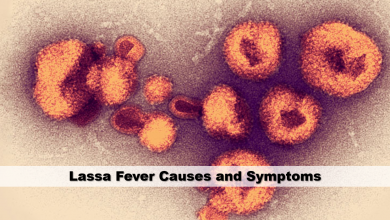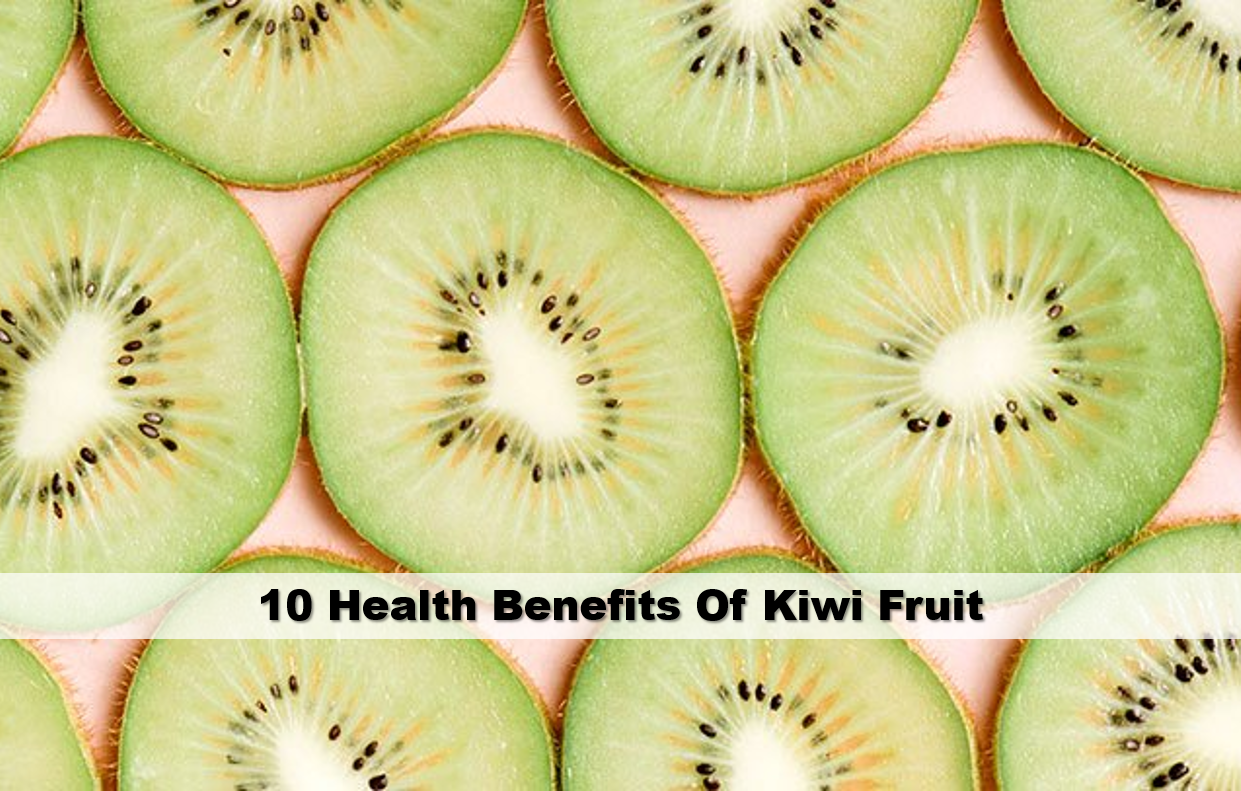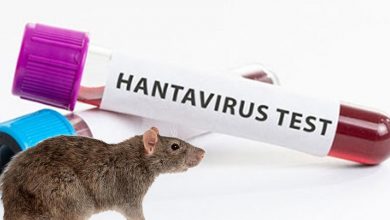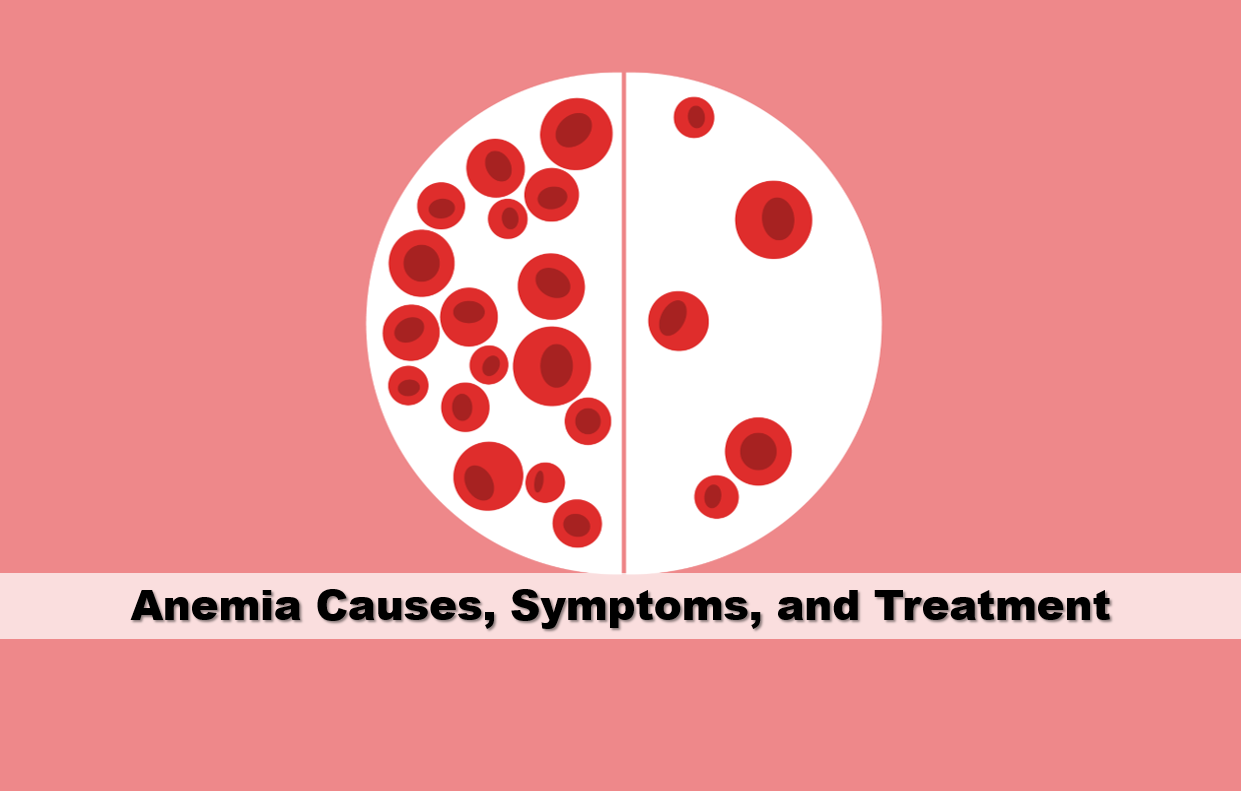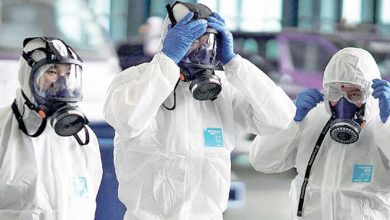Heart Attack Treatment and Medications
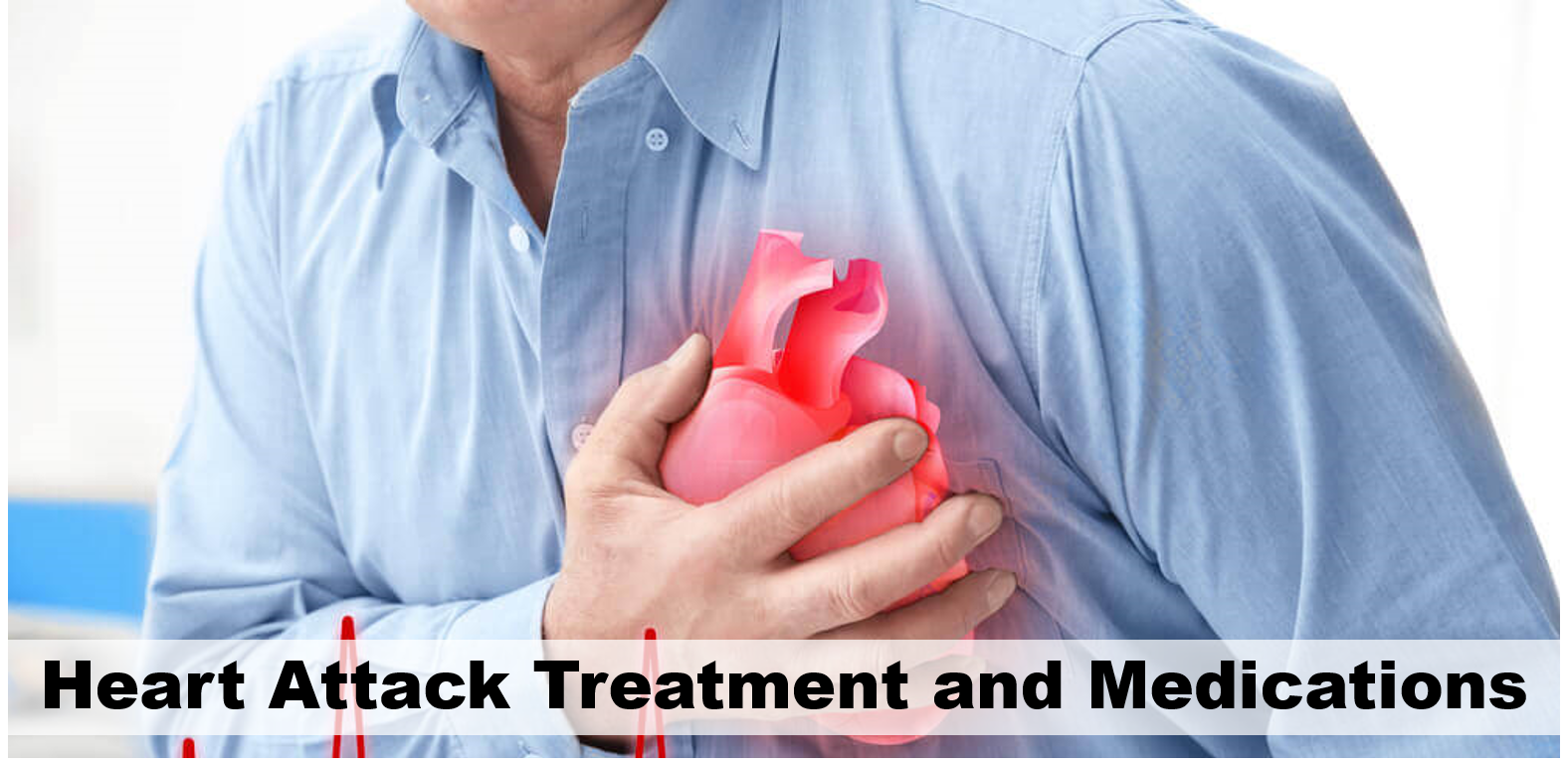
Heart Attack Treatment and Medications. Even if a person is not under any risk factor, they have a 1 percent risk of having a heart attack throughout their life. In order to maintain heart health and to have a healthy heart, we must pay attention to our nutrition.
We need to avoid stress, harmful foods, and beverages that will exhaust the heart. A heart attack is caused by a decrease in blood flow. The heart muscle during the heart attack does not take up enough oxygen. Minimizing the risk of having a heart attack is in your own hands. Healthy eating and an active lifestyle are the most effective and classic ways to prevent heart attacks. Here, we will talk about heart attack prevention and medication in the following text.
Hearth Attack Reasons
A heart attack occurs when one or more arteries (coronary arteries) that supply your heart with oxygen-rich blood are blocked. Over time, a coronary artery may contract with the accumulation of various substances, including cholesterol and other substances. This accumulation, commonly referred to as plaques in the arteries throughout the body, is called atherosclerosis.
When your coronary arteries are narrowed due to atherosclerosis, the condition is known as coronary artery disease. Generally, coronary artery disease is the cause of most heart attacks. During a heart attack, one of these plaques may be punctured, and cholesterol and other substances may enter the bloodstream. A blood clot occurs in the punctured area because the body is partially shocked and tries to repair the injured blood vessel. If the clot is large enough, it can completely block blood flow through the coronary artery. Another cause of a heart attack is a coronary artery spasm that interrupts blood flow to a portion of the heart muscle. A heart attack can also occur due to a rupture of the heart artery (spontaneous coronary artery dissection). Other uncommon causes of a heart attack include small blood clots or tumors (coronary embolism) from other parts of the body. Heart attacks may also occur in situations such as very low blood pressure (shock) if the blood flow to the heart is severely reduced.
To learn more about heart attack and its symptoms
Heart Attack Prevention and Medication
Every minute after a heart attack, more heart tissue loses oxygen and worsens or dies. The main way to prevent heart damage is to restore blood flow immediately. Medications for treating a heart attack include the following types:
Aspirin: The emergency service operator can tell you to take aspirin, or the emergency medical staff can give you aspirin immediately after they arrive. Aspirin helps maintain blood flow through a narrow artery by reducing blood clotting.
Thrombolytics: These medicines, also called clot-hunters, they help to dissolve the blood clot that prevents blood flow to your heart. The faster you take a thrombolytic medication after a heart attack, the higher your chances of survival and the less damage to your heart. However, if you are near a hospital with a cardiac catheterization laboratory, you will usually be treated with emergency angioplasty and stenting instead of thrombolytics. Clot hunter medications are often used when it takes a long time to go to a cardiac catheterization laboratory, such as rural communities.
Super aspirins: Doctors in the emergency department may give you other medications that are somewhat similar to aspirin to help prevent new clot formation. These include meds such as platelet aggregation inhibitors called clopidogrel and others.
Painkillers: If your chest pain or associated pain is excessive, you can take a painkiller such as morphine to reduce your discomfort.
Nitroglycerin: This medication used to treat chest pain (angina) temporarily opens arterial blood vessels and improves blood flow to your heart and heart.
Beta blockers: These medications help your heart muscle relax, slow down your heartbeat, and lower your blood pressure, making your heart functions easier. Beta blockers can limit the amount of heart muscle damage and prevent future heart attacks.
ACE inhibitors: These drugs lower blood pressure and reduce stress in the heart.
Cholesterol-lowering drugs: Medications called statins help to reduce unwanted blood cholesterol levels and may be helpful if given immediately after a heart attack to ensure survival.
Other blood thinner medications: You will probably be given other medications such as heparin to make your blood less “sticky” and produces less dangerous clots. After a heart attack, heparin is given intravenously or by injection under the skin.
Heart Attack Prevention
How you live your life affects your heart health. Taking the following steps can help not only prevent a heart attack but also help you get rid of it:
Do not smoke: If you smoke, the only most important thing you can do to improve your heart health is to end. As it is difficult to quit smoking, ask your doctor to write a treatment plan to help you get rid of the habit. Exposure to cigarette smoke also can potentially trigger a heart attack because there are many chemicals in cigarettes that can damage your arteries.
Check your blood pressure and cholesterol levels: Ask your doctor how often you need to monitor your blood pressure and cholesterol levels. If these levels are undesirably high, your doctor may make changes to your diet and medication to help maintain your cardiovascular health.
Exercise regularly: Exercise regularly will definitely help improve your heart muscle function after a heart attack. Exercise is a major part of a cardiac rehabilitation program. Exercise helps prevent a heart attack by helping you to maintain a healthy weight, control diabetes, high cholesterol, and high blood pressure. Exercise does not have to be heavy. For instance, walking five days a week, 30 minutes a day, can improve your health.
Avoid Stress: Reduce stress in your daily activities also reduce your risk of a heart attack. It will be beneficial if you find healthy ways to minimize or reduce stress in your life.
Check for diabetes: High blood sugar will harm your heart. Regular exercise, eating well, and losing weight help keep blood sugar levels more desirable. Many people also need medications to manage their diabetes.
Coronavirus Causes and Symptoms
Heart Attack Treatment in A Hospital
If you have a heart attack, your treatment for a heart attack in a hospital will vary depending on the situation. Depending on the severity of your condition and the amount of damage to your heart, you may be treated with medication, subjected to an interventional procedure, or both.

